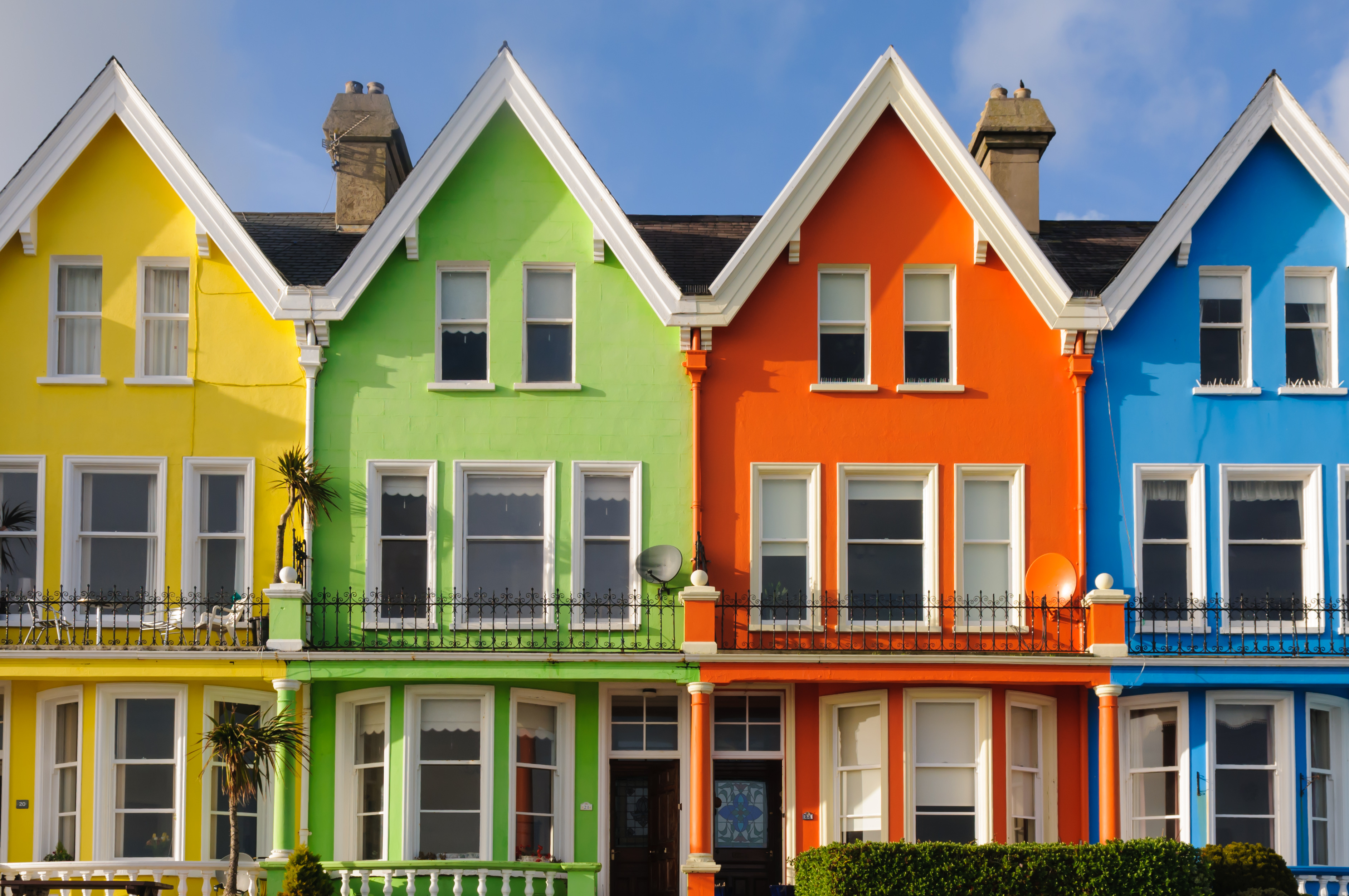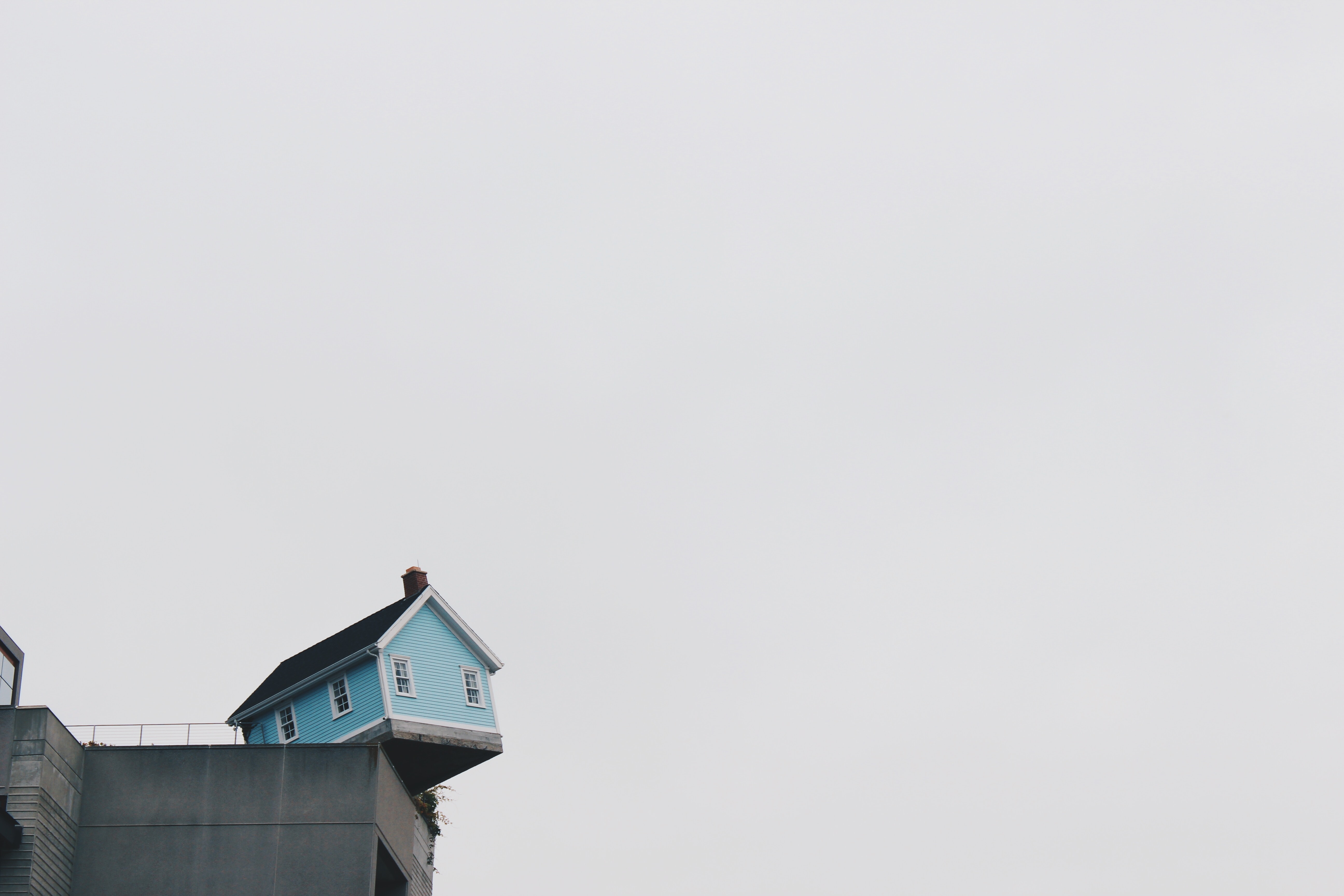Always ask the right questions about your home insurance coverage (part 1)


Always ask the right questions about your home insurance coverage (part 1)
10 second overview: Navigating the world of home insurance options can be a bit intimidating whether you already have a policy that you’d like to upgrade or you’re looking to get a policy for the first time. In this 3-part series, SmartCitti’s insurance expert, Mark Chappell, shares tips to help you understand the kind of coverage you need from your homeowner’s insurance and the essential questions you should ask to find out what’s included in your coverage plan and what’s not.
Becoming a homeowner is a milestone achievement. Owning a home property is a major investment and life decision, and with it comes many opportunities and risks. So, it’s not surprising that homeowners are legally required to get their properties insured, and as the potential risks and liabilities for homeowners continue to multiply, finding the right insurance coverage is very important.
Did you know that if you’re planning to take out a mortgage to finance a residential real estate purchase or any other project, you’ll likely be required to show proof of insurance coverage for the full value of the mortgaged property (often the purchase price)? Getting the right home insurance coverage will save you money, stress, and even potential litigation down the line. It will also put you in the best position to maximize the value of your property as an asset and exploit the full advantages of home ownership.
Doing your research is the first and most important step to finding the right policy option for your home property. You’ll have to dig deep, compare options, and learn some new insurance terminology. The trouble with comparing policy options is that it’s all too easy to miss important details that could eventually cost you money and peace of mind.

According to SmartCitti’s insurance expert, Mark Chappell, many homeowners buy the wrong insurance option because they don’t fully understand what kind of coverage they need. This is ‘mis-sold’ insurance and a stunning amount of homeowner policies sold each year fall into this category. As a result of mis-sold insurance, many homeowners acquire insurance packages which do not cover them for every eventuality and may not even realize it until it’s too late. And, in many cases, it would actually have cost very little extra money to get key benefits included in the policy purchased.
Key Question: “What am I covered for and what should I be covered for?”
Mark suggests you take some time to work out the worst-case scenarios and how much not having the right coverage might cost you financially and otherwise. This will help you itemize the benefits you need in your homeowner’s policy.
Most homeowners think of insurance coverage for damages, repairs and renovations, which are important. However, one worst-case scenario homeowners should not neglect is the cost of rebuilding a home property from scratch.
Key Question: “Will I be covered if I need to rebuild my home property after a natural disaster?”
The cost of rebuilding is categorized as a ‘Replacement Cost’, and it is important to understand that replacement costs often exceed the current market value of a property. This is because the cost of building materials and construction work generally increase with time.
To have this kind of coverage, homeowners need to buy ‘Guaranteed/Replacement Cost Insurance’. The advantage of this kind of insurance is that with a few adjustments, it can be extended to cover the cost of buying new furniture, fittings, electrical items, home décor and even new clothing.
As Mark Chappell explains, “The cost of rebuilding your life after a natural disaster can be staggering. You’ll be grateful to have comprehensive replacement cost insurance because it can cover the cost of rebuilding, of finding temporary lodgings for your family while rebuilding is in progress, and the cost of buying the things you need to make your home liveable after it’s been rebuilt, all of which can run into tens of thousands of dollars.”
The eventualities covered in your homeowner’s insurance should be informed by your level of exposure. This is a fundamental principle of insurance which homeowners should consider carefully when choosing between home insurance options.
Key Question: “Is my home property particularly exposed to any natural disasters?”
The answer to this question will depend on where your property is located. Depending on the place, your property could be at risk from flooding, fire, hurricane, or earthquakes, and you would do well to consider taking out a special insurance policy if your risk from a particular kind of natural disaster is especially high.

It is important to know the flood elevation of your home property as this will determine if you need to buy special flood insurance coverage separate from your home insurance. If a home is located in a coastal area, mortgage companies may actually require special flood insurance in addition to a general home insurance policy.
Though fire damage was once considered rare, the incidence of wildfires in many parts of the US is fast changing this perception. The trouble with fire damage is that it often results in total property loss arising from both fire and smoke damage. As with flood, it is important to consider and reconsider your level of exposure especially as wildfires become more and more common. Instead of renewing your insurance on current terms, consider including more robust coverage for damage or loss resulting from fires. Mark recommends that you consult your insurance broker to understand how you can better protect your property from fire-related risks.
The second part of this series explores the kinds of liability coverage homeowners may require in their home property insurance.